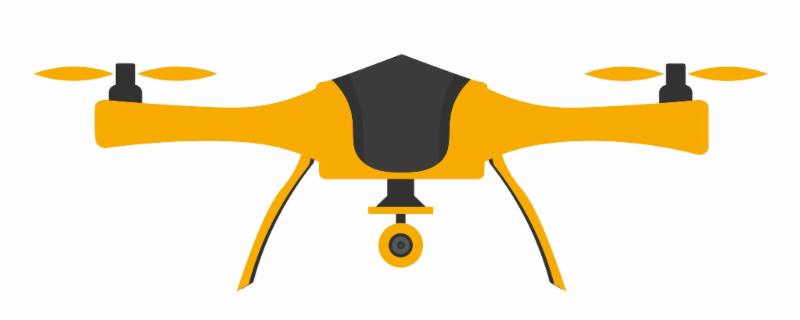
Research suggests that over 3 million drones were sold last year in the United States. Many of these drones were purchased by hobbyists, but a large portion of them are also being used for commercial purposes. For example, in the real estate profession alone, drones are being used to capture images for sales agencies, insurance companies, utility providers, contractors and even reserve study engineers. This increase in popularity is forcing community associations, similar to the many levels of government, to regulate drone usage within their jurisdictions.
Before community associations can tackle this issue, however, boards and property managers need to familiarize themselves with the government regulations that already exist. At the national level, drones are regulated by the Federal Aviation Administration (“FAA”). The FAA breaks down drone usage into two categories: (1) by hobbyists; and (2) by businesses for commercial purposes. Hobbyists are required to register their drones with the federal government and they must be at least 13 years old and a U.S. citizen or legal permanent resident. Businesses must also register their drones, but the commercial operators have to be at least 16 years old, pass a written test, and be vetted by the Transportation Security Administration.
In Georgia, there are currently no state laws that govern the use of drones. The state legislature passed a bill on the subject in 2016, but Georgia Governor Nathan Deal eventually vetoed it. At the time, the FAA regulations were not finalized, and Governor Deal did not want create a commission that would propose state-level guidelines on drones before the federal rules were established. This leaves the door open for more local-level regulation, which includes the types of guidelines that may be adopted by community associations.
If boards and property managers want/need to regulate drone usage on association property, they should consider the following:
- Identify the legal authority for adopting community guidelines and/or use restrictions on drones. Does the board have the ability to unilaterally pass rules and regulations on this issue? Or does the community need an amendment to their declaration? Drones pose certain legal issues not traditionally contemplated by community associations (e.g., aerial privacy), but they can probably be regulated similar to other items already in effect. As such, the association should consider its underlying needs and the purpose(s) for regulating drones in the community.
- Conform the regulations to the specific type of community. A homeowners association with 1-acre lots will have different needs than a high-rise condominium in downtown Atlanta. The association should consider limitations on the time and location drones can be used, as well as the distance from certain buildings or recreational facilities (e.g., the clubhouse or tennis courts). If a homeowners association wants to completely ban drone usage, the association is probably looking at an amendment to its declaration.
- Incorporate the federal regulations. The association cannot enforce the FAA regulations, but it can require proof that they were complied with. This includes the registration for hobbyists and the additional requirements for commercial users (e.g., when a vendor that uses a drone on association property to provide services on behalf of that association). Associations and drone operators can learn more by visiting www.faa.gov/uas.
- Include the owners during the process. Even if the board has unilateral authority to adopt rules and regulations, it may want to seek input from residents who have had experiences with drones. This may include a resident who knows how to operate them, or it may include a resident whose privacy was invaded. As with any new and potentially controversial issue, input from the community is rarely a bad idea.
- Consider the insurance risks. Drones may provide a lot of benefits for recreational hobbyists and commercial users, but there are also a lot of risks. Does the association’s insurance cover damage from a drone crash? What if a vendor, in the course of providing services on behalf of the association, causes damage to a resident’s personal property? These are the types of questions that boards and property managers need to consider when adopting drone policies for their communities. Also, if coverage is unclear, the association needs to review its policy with its insurance provider.
At this point in time, federal, state and local regulations involving drones are still relatively undeveloped and untested in the court systems. This does not mean a community association should avoid implementing their own guidelines, but it does leave certain specifics about drone regulation “up in the air.” Like any association use restriction or rule and regulation, the limitations on drones should be reasonable, and they should be enforced in a fair and consistent manner. Most associations do not currently regulate drones, so if an issue does arise, boards and property managers should probably contact the association’s attorney for guidance.
